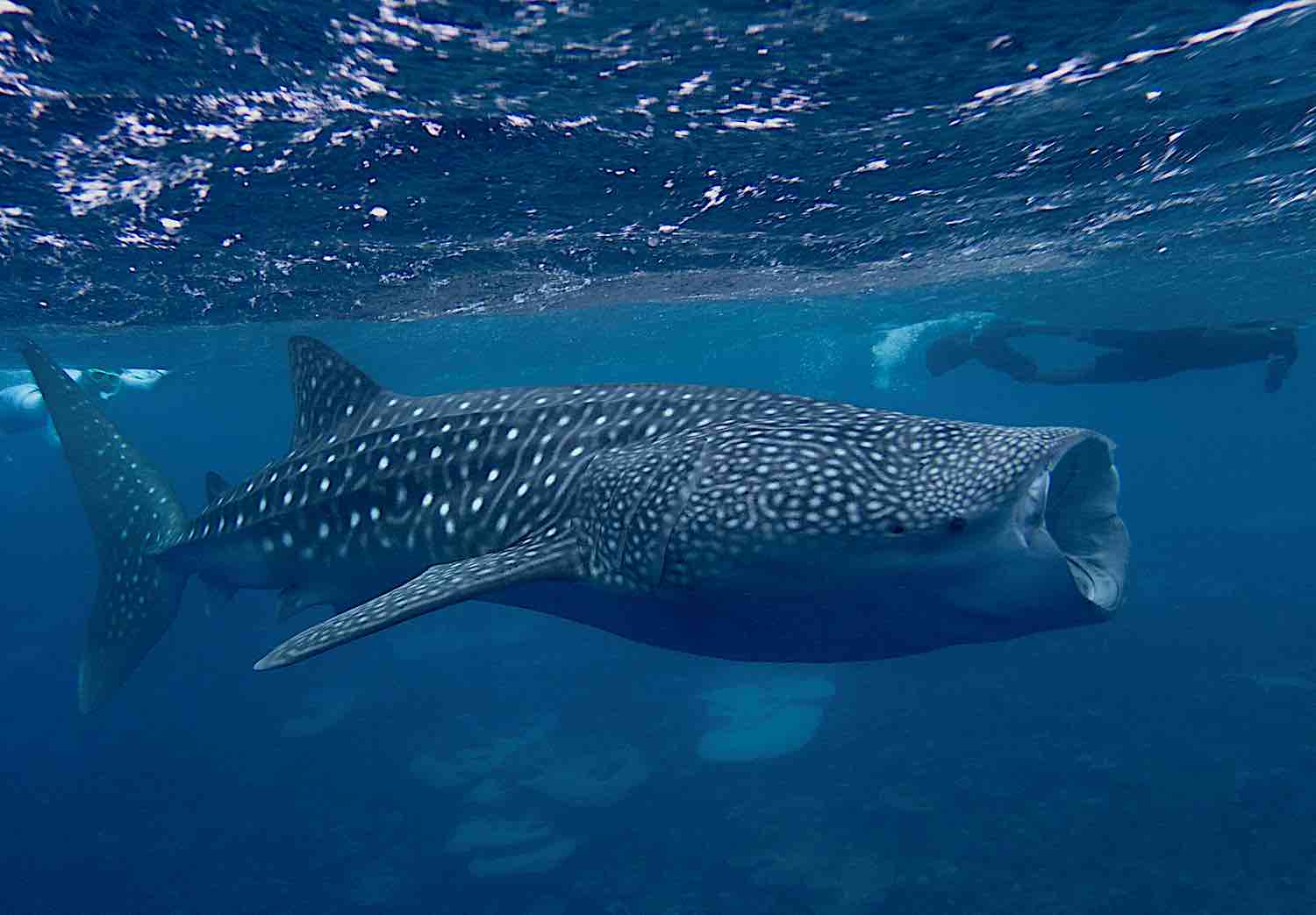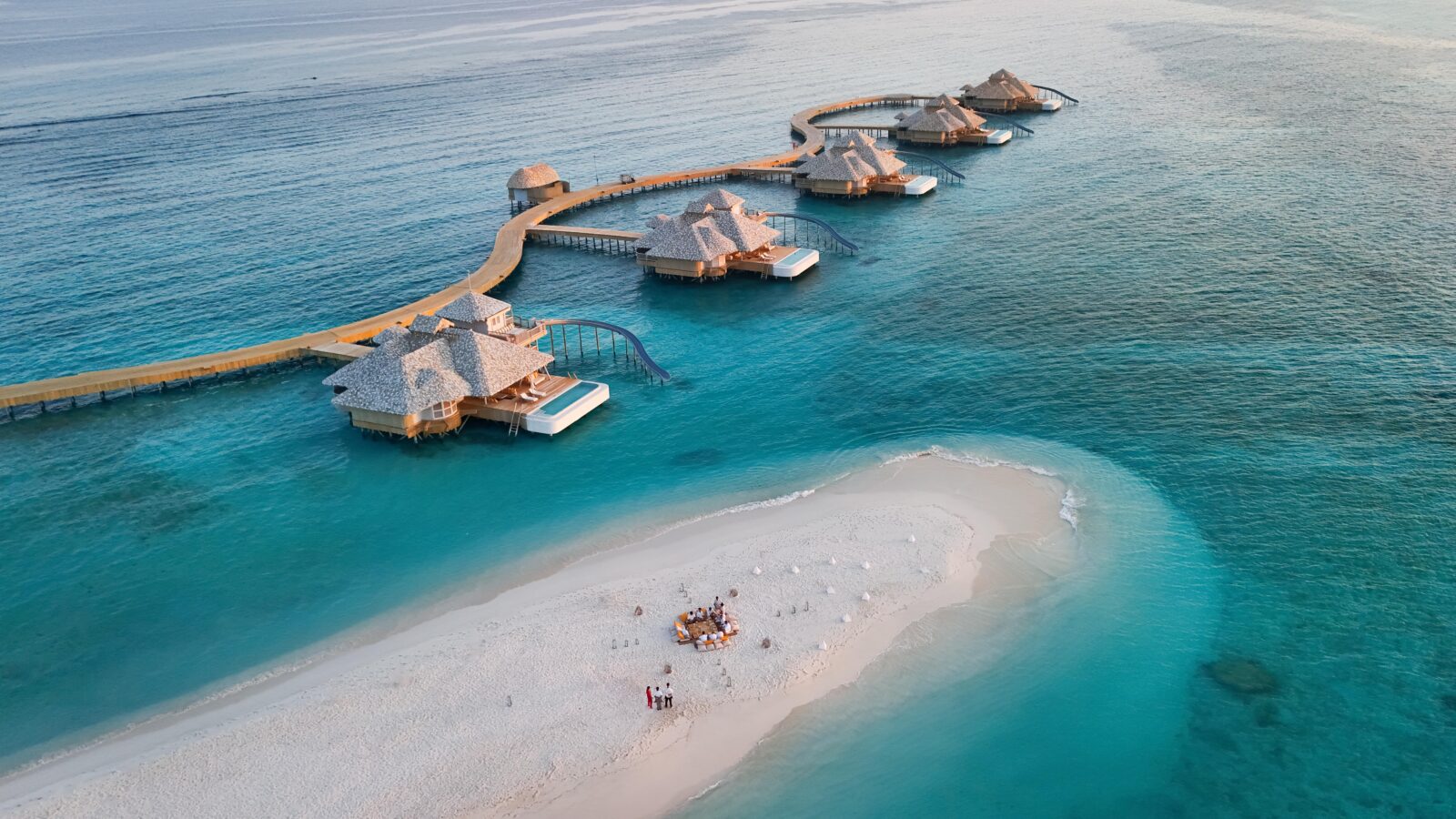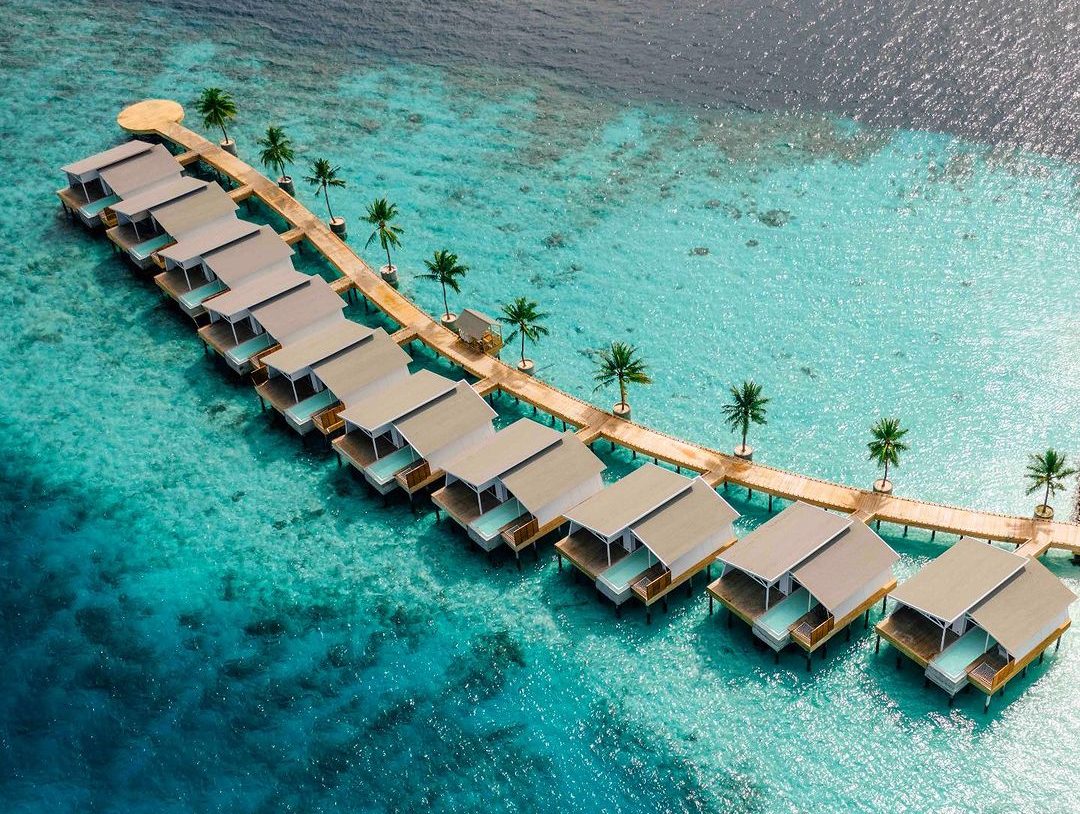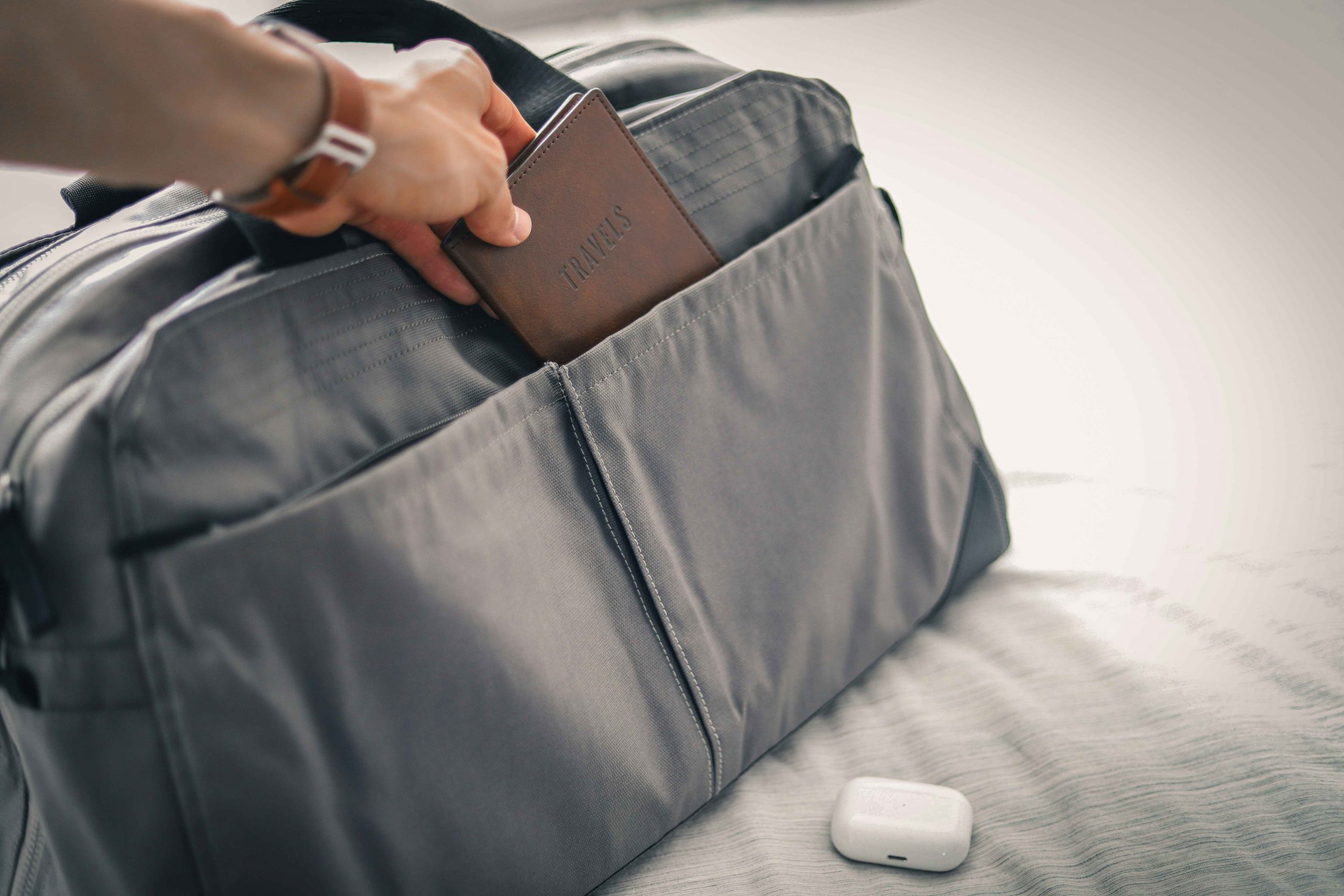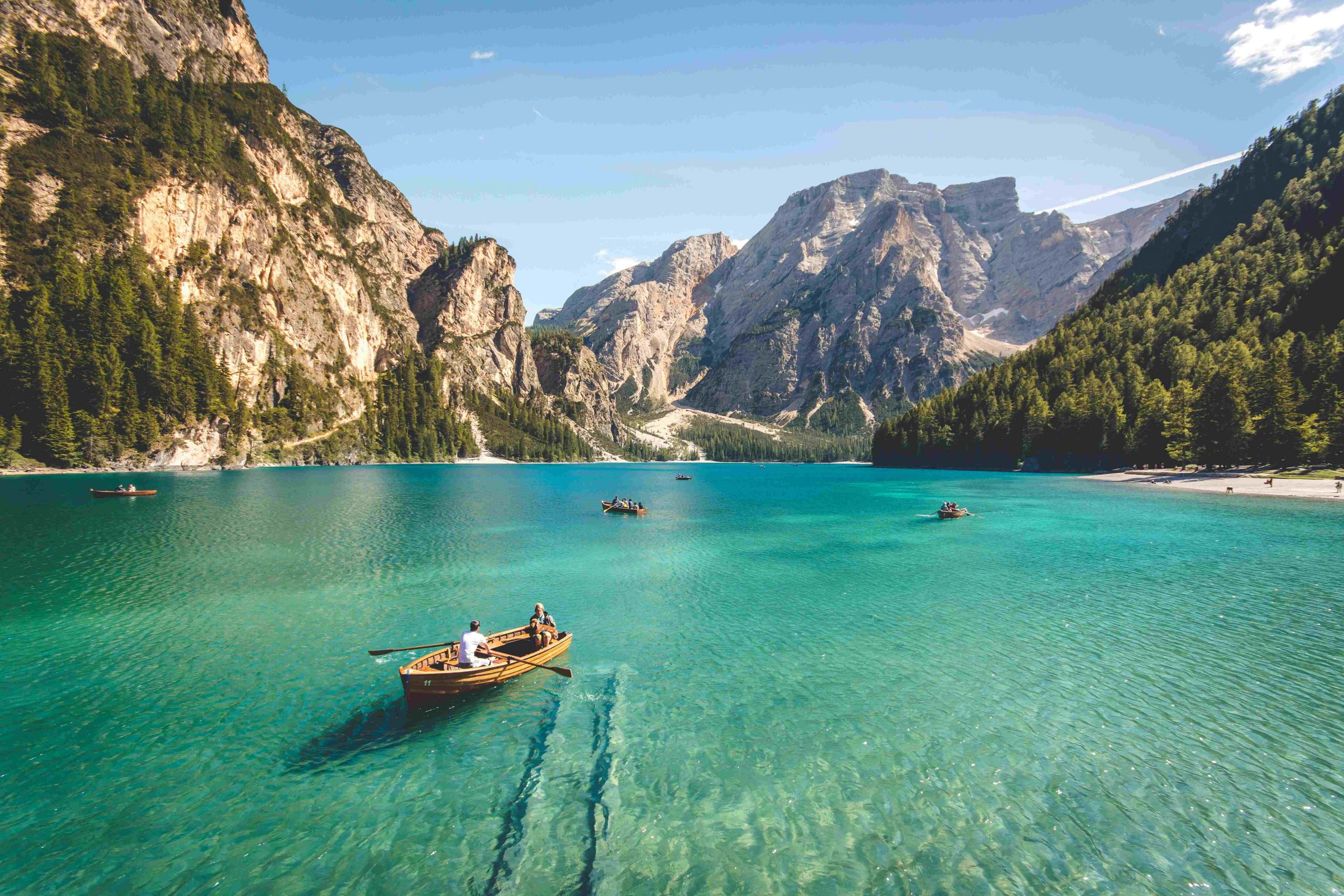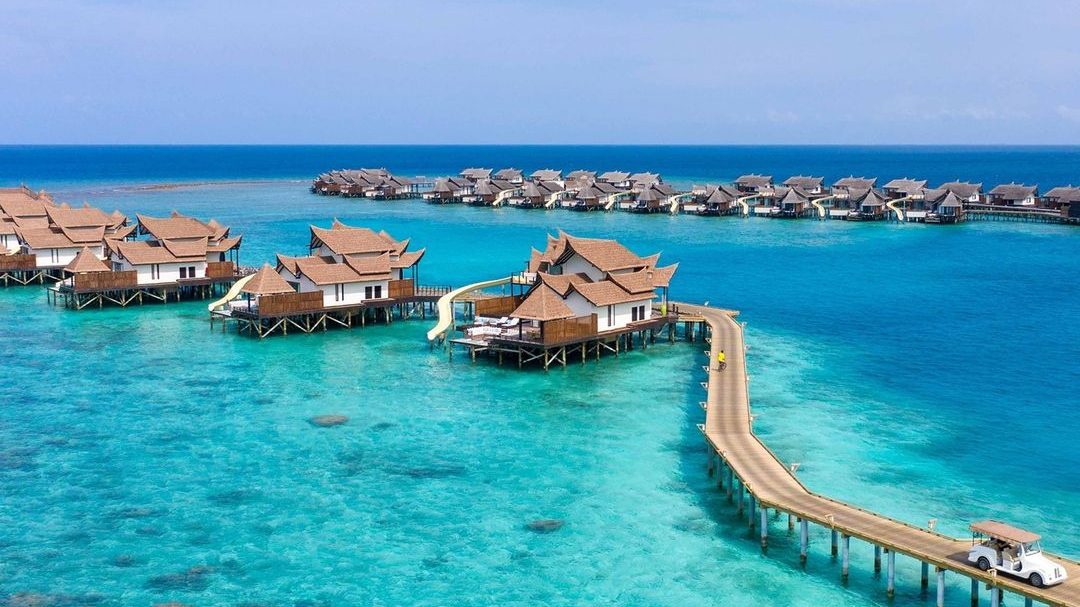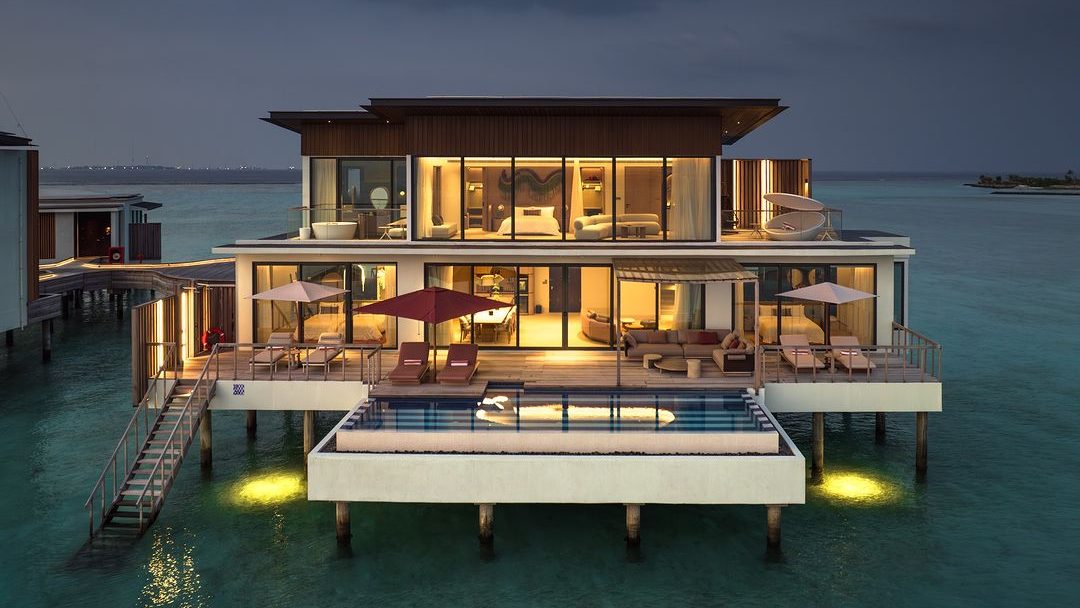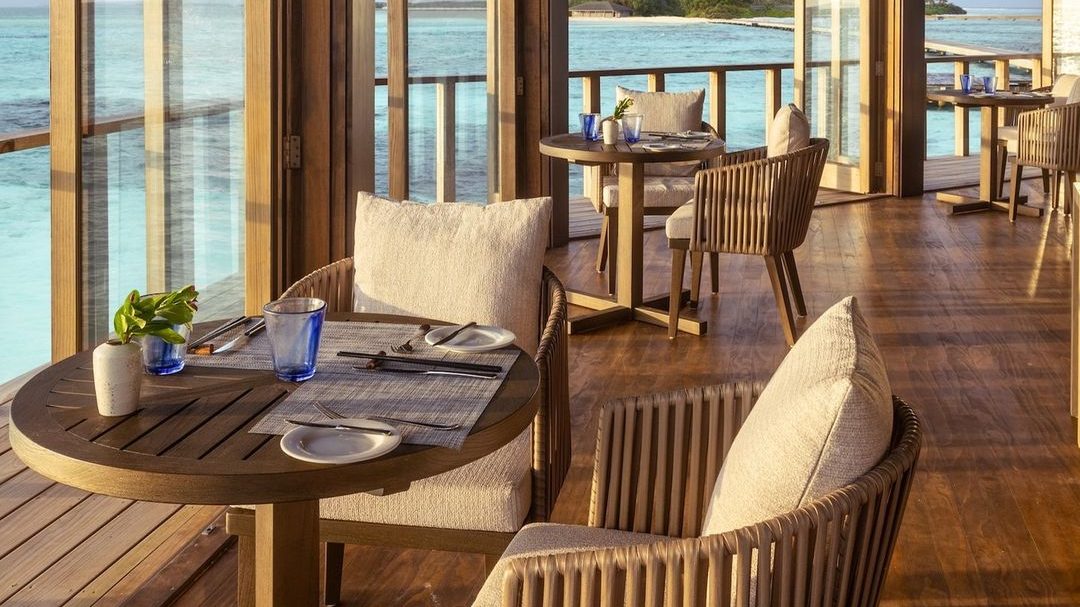Seeing whale sharks, the largest fish in the world, glide over a tropical Maldivian coral reef is a life event that only a fortunate few will ever get to experience. The South Ari atoll region is renowned as being a ‘hot spot’ for this species and one of the few places in the world where you have the chance to see these animals on any day of the year.
If you are one of those lucky folk, then the chances are that after the initial excitement of actually being in the water with such a huge animal starts to subside, your wide eye’s will begin to notice details about it and what it is doing.
The Maldives Whale Shark Research Programme (MWSRP) has been recording whale shark encounters in the South Ari atoll region for over 10 years. Part of the data the MWSRP records is the behavior of the shark. The MWSRP assign each shark to one of five behavioral categories; ‘Cruising’, ‘Evasive’, ‘Inquisitive’ ‘Interacting’ and ‘Feeding’. By recording these details, we are able to compare other factors – either environmental or human influenced – to see what affect they have on a shark. Let’s have a look at each in a bit more detail.
EVASIVE
The second most frequently recorded behavior is ‘Evasive’. This is usually characterized by very short-lived encounters with whale sharks that really don’t want to have any company! Typically sharks exhibiting this kind of behavior are seen at the surface and then begin to dive as soon as a vessel or person approaches them. The shark typically hugs the bottom of the reef and swims – often rapidly – out away from shallow water, following the seabed contours down into the deep. This kind of behavior can also be prompted by people getting too close to a seemingly unresponsive ‘Cruising’ shark and making it uncomfortable. MWSRP believes that these sharks are further along in their re-warming process than ‘Cruising’ sharks.
INQUISITIVE
A firm favorite behavior of both scientists and visitors to the Maldives alike, unfortunately it’s not as commonly observed as we would hope! Believed to be a behavior only exhibited by whale sharks at the peak of their re-warming cycle, sharks which are ‘Inquisitive’ are typically seen right in front of your nose! Often staying at the surface for prolonged periods, these sharks closely approach snorkelers or vessels, sometimes even bumping or rubbing up against them. Quite unnerving for people having their first whale shark encounter, it is you who has to move out of the shark’s way! Vessel Captains have to be very careful when operating around a shark exhibiting this behavior as they will frequently venture near vessel propellers and are liable to injury.
CRUISING
The vast majority of encounters with whale sharks in the South Ari atoll Marine Protected Area are with whale sharks which are ‘Cruising’. Broadly speaking, this behavioral type is defined as “a slow moving shark close to the surface exhibiting no rapid movements, feeding or response to peripheral stimuli”. MWSRP believe that sharks behaving like this are doing so as they are recuperating from feeding dives into deep, cold water nearby. As cold blooded animals they must re-warm their bodies in the warm surface waters before they can increase their activity levels and are therefore at their most vulnerable to predators or collisions with vessels in this state.
INTERACTING
Another favorite for both the MWSRP researchers and anyone lucky enough to witness it, interacting is where two – or in some magical cases even more – whale sharks meet and interact with each other on the reef. This is very rarely seen, but typically when the sharks first meet they will circle around one another, like enormous puppies! Quite why they do this is a mystery, though theories range from them ‘sizing each other up’, to releasing and smelling some kind of pheromone into the water which passes information about one shark to the other. People who have seen this behavior often ask if it is related to mating, though with 96% of the sharks being male in this area, and all juvenile, this is unlikely unless it is practice for behavior that will be needed later in life.
FEEDING
Feeding whale sharks account for only around 16% of encounter records for whale sharks in the South Ari atoll Marine Protected Area. In other regions of the Maldives when the sharks are drawn to events offering them a chance to opportunistically feed, it is the primary behavior type. Attaining food is one of the major challenges in a whale shark’s life, so they very rarely miss a chance to do so.There are two types of feeding performed by whale sharks, both revolving around the mechanism of ‘filter feeding’. Filter feeding is where small fish and plankton enter the mouth of the sharks along with gallons and gallons of water. The water is then expelled through the gills and fine filters in the gills extract the tiny animals which are then swallowed by the shark’s en-masse. In‘suction filter feeding’, the sharks actively suck water and the hapless plankton into their mouth and then force out the water over their gills by powerfully closing their jaws. This is usually reserved for good feeding opportunities. The alternative is‘ram filter feeding’, where the shark swims along with its mouth wide open. Anything in the path of the shark which cannot actively swim away gets scooped up. Maximum sizeof an animal a whale shark can eat? About 5 inches. So don’t worry, you’re not on the menu despite their size!
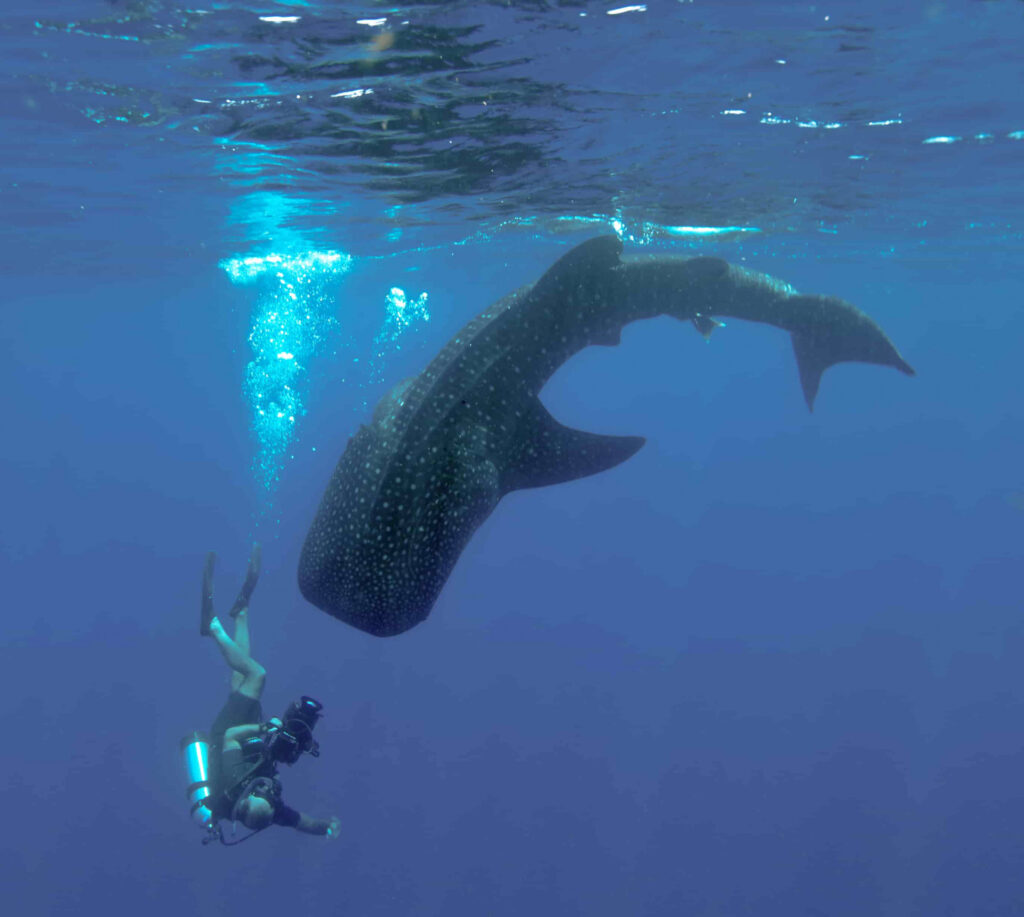
If you are lucky enough to have the chance to swim with the whale sharks in South Ari atoll, do remember that these sharks are probably feeling tired and pretty vulnerable being at the surface with you.
The Maldives Whale Shark Research Programme (MWSRP) is a duel UK & Maldivian registered charity that exists to conduct whale shark research and foster community conservation initiatives throughout the Maldives and the Indian Ocean.


